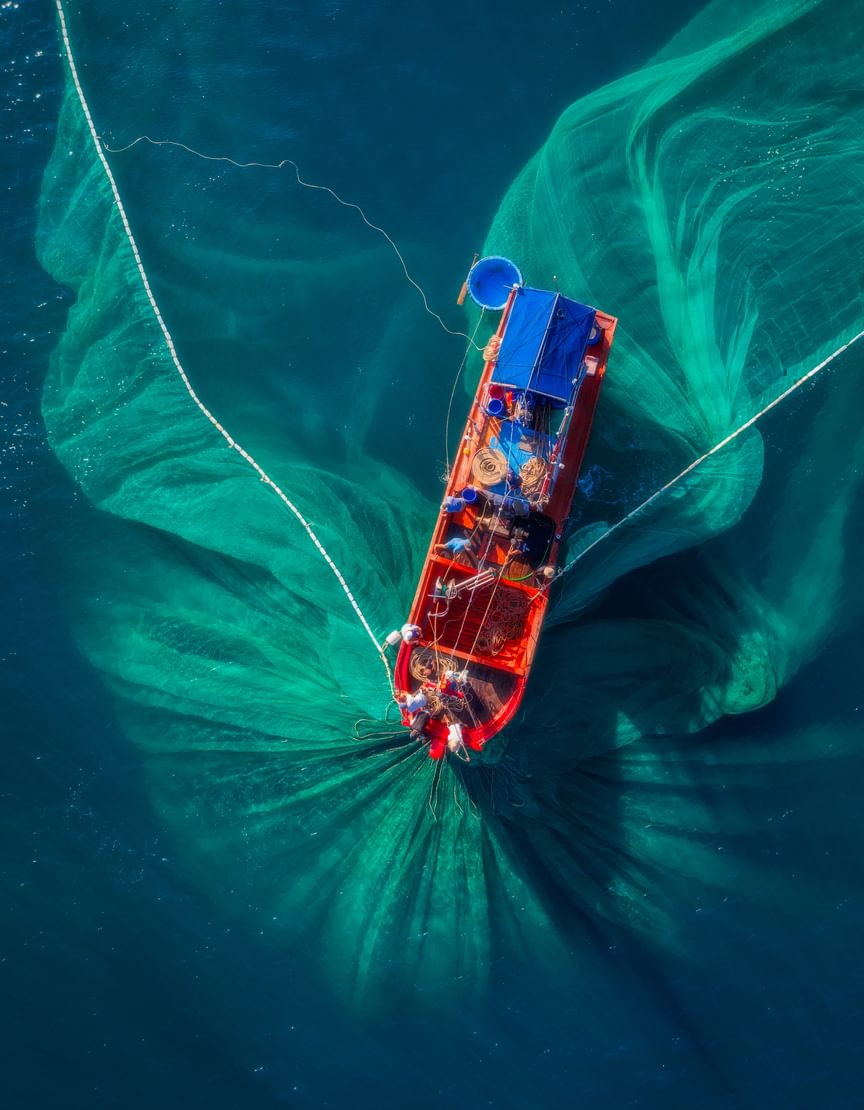
May 06, 2024
Making waves with bluetech
Michelle Cho ’93 is pioneering innovation for ocean conservationby Joseph Kahn ’67
Seeing sharks, beluga whales, and other marine life up close for the first time during a middle-school field trip captivated Michelle Cho ’93. But it wasn’t until years later, when learning how to scuba dive in Thailand, that she saw the magic and mystery of the ocean in a new light.
“The hidden world under the sea is beautiful to behold,” Cho recalls. “I continued scuba diving all around southeast Asia and it was there, for the first time, I saw people dynamite fishing. The effects on the marine ecosystem were extremely harmful. I knew there was a better way and I wanted to do something about it.”
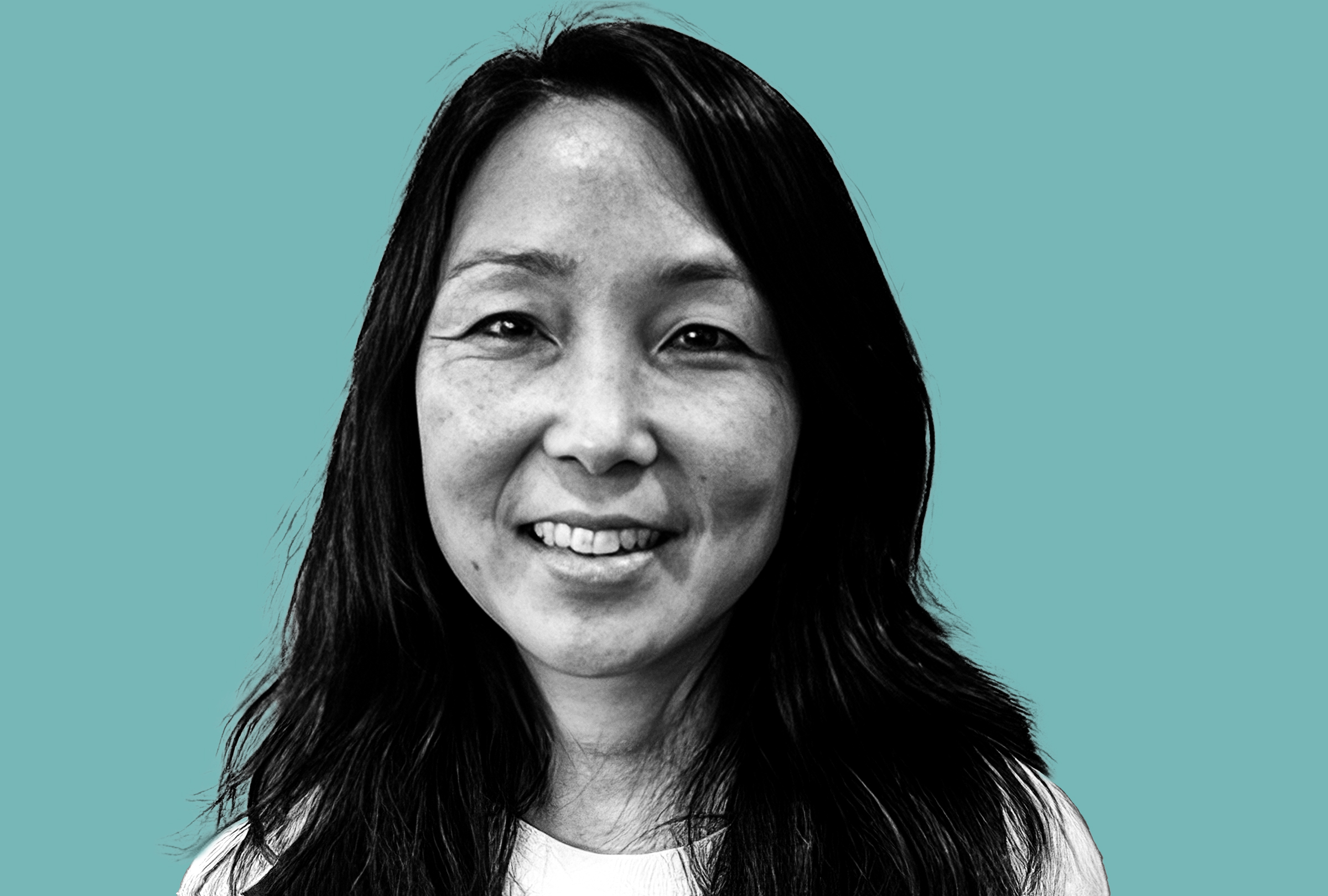
The era of the blue economy is here, and Cho is excited for change. For two decades, the marine biologist has been researching the health and environmental impacts of commercial fisheries. As an associate director at New England Aquarium’s dedicated research arm, the Anderson Cabot Center for Ocean Life, Cho leverages technologies to promote ocean-
friendly practices and protect marine species and their habitats.
Her research has opened new pathways for sustainable aquaculture, or fish-farming, that focus on balancing productive coastal communities and thriving marine ecosystems.
In 2018, Cho helped launch Blue Innovation, a bluetech incubator supporting startups in areas of coastal resilience, offshore renewable energy, pollution cleanup, and marine conservation. Bluetech is the advanced technology sector making waves in the maritime industry. With AI, underwater drones, sensors, and buoys scan, monitor, and measure ocean-deep, bringing valuable data to the surface and helping scientists tackle a variety of challenges.
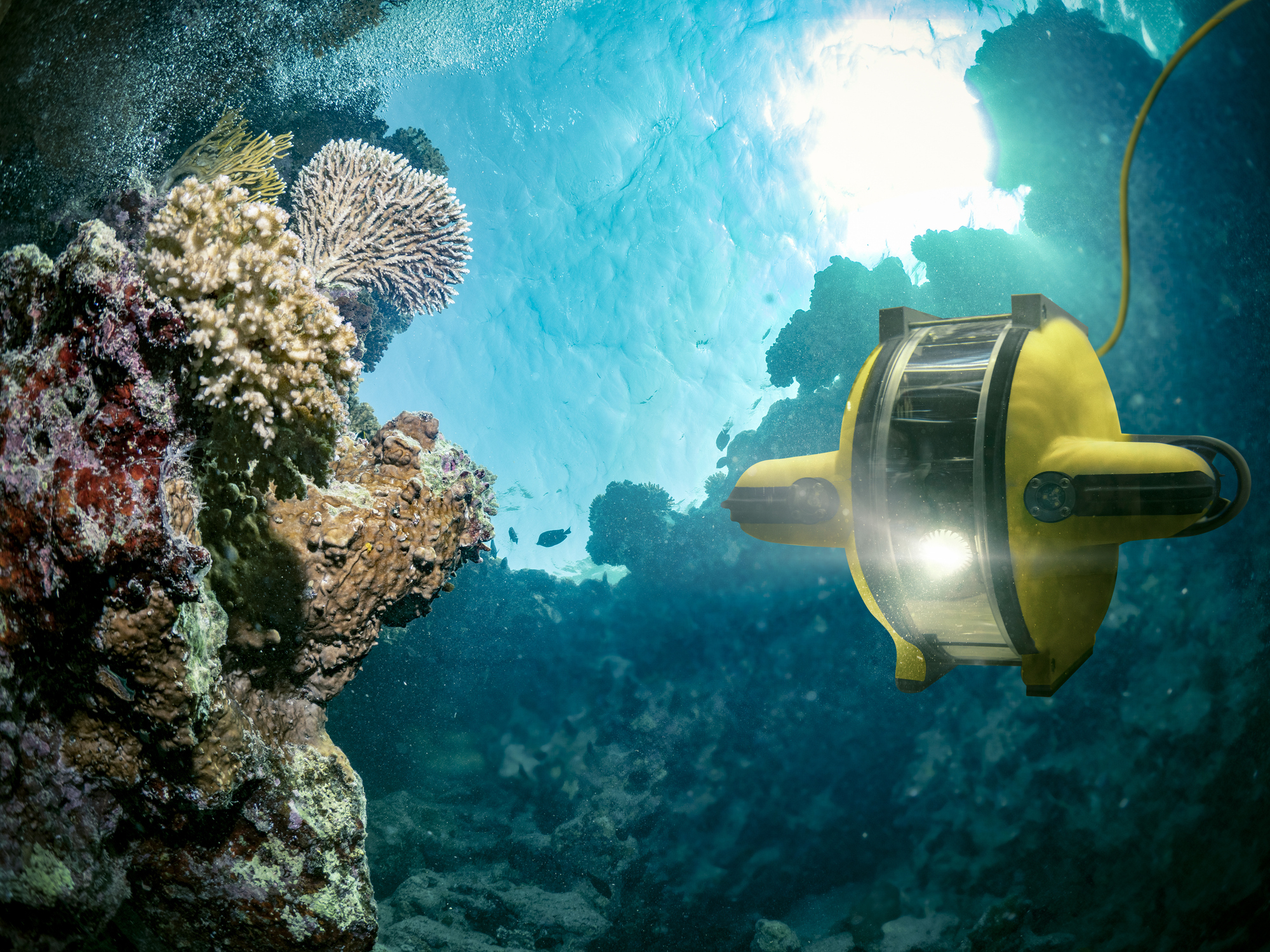
Q: How might bluetech impact the future?
Our expertise allows us to connect technological solutions on a scale large enough to address some of the planet's biggest challenges, like greening the shipping industry and reducing climate-related impacts. The best ideas go nowhere if they can’t be applied on a large scale. Providing startups with the business acumen, scientific and regulatory information, lab testing partnerships, and other resources is key to broad-scale positive outcomes. Our ability to make connections in this field has already helped at least some startups gain traction.
Other Stories
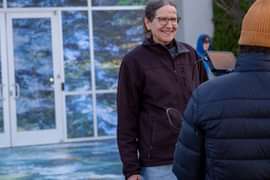
When Sukey Bryan ’79 displays her art, she wants people to feel like they're part of nature.
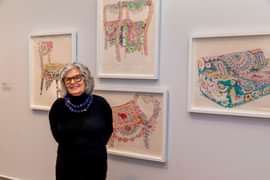
Two new art installations created by Jennifer Cecere ’69 will be installed on campus this spring.



